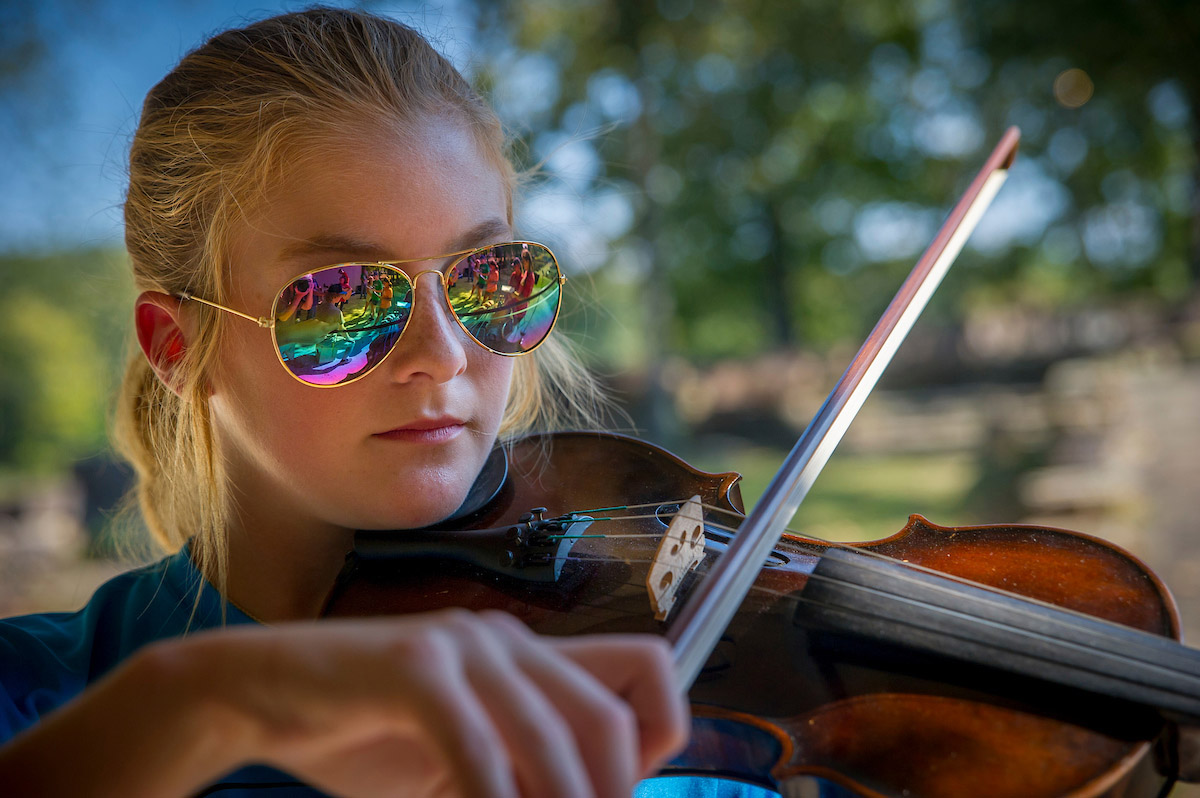Extracurricular Activities Help Kids Make the Grade, Learn Life Lessons
Books and lectures are often considered key learning modes for students going back to school, but extracurricular activities can prove just as important.
Whether it is playing video games, hanging out with friends or talking on the phone, kids will find their own ways to fill time unless given direction. Approved extracurricular activities can channel their time constructively, said Ron Cox, Oklahoma State University Extension marriage and family specialist.
Music, theatre, sports, debate and similar activities do an excellent job of keeping children occupied throughout the late afternoon and early evening until working parents can make it home.
“Such activities also serve as real-time laboratories where students can develop critical life skills such as leadership, teamwork and dealing with adversity,” Cox said. “As an example, 4-H includes lots of service projects that give kids hands-on experience with helping others, generosity and self-sacrifice. There aren’t a lot of places where kids can learn these types of lessons.”
Several research studies have shown extracurricular outlets also can have a positive effect on students’ performance in the classroom. Children active in outside activities generally post higher grades compared with those who are less involved.
Involvement in activities beyond academics also gives students a chance to connect with positive adult role models, which research indicates provides a number of benefits.
“Students who have at least one other caring adult in their lives, in addition to a parent, tend to do better academically, socially and in terms of avoiding drug use and teen pregnancy,” Cox said.
Organized extracurricular activities are available through schools, community groups, churches and other organizations. Families should be able to find activities that fit within their schedules and budgets as well as meet kids’ interests.
“Start by allowing kids to experience a variety of activities and eventually let them gravitate to the ones they most enjoy,” he said. “Extracurricular activities can be incredibly important to kids growing into positive role models and contributing citizens of our state.”

